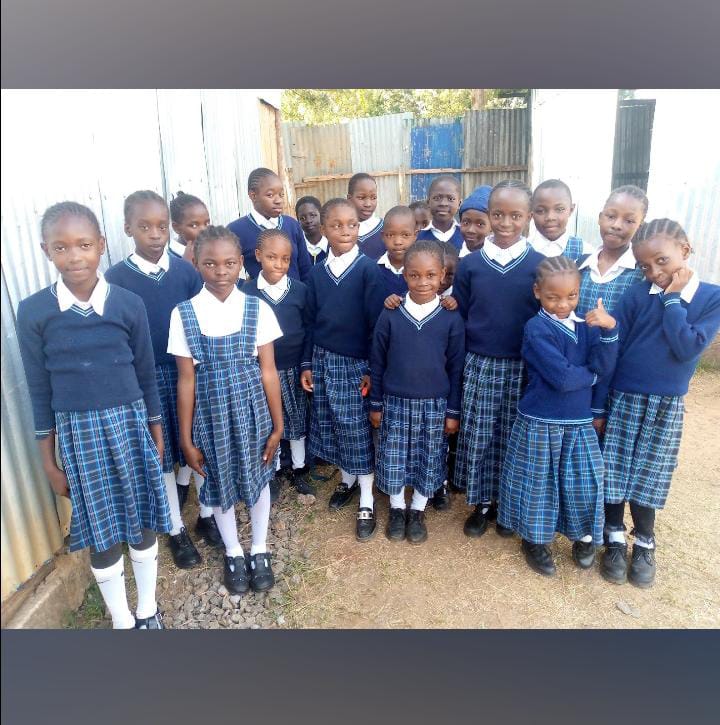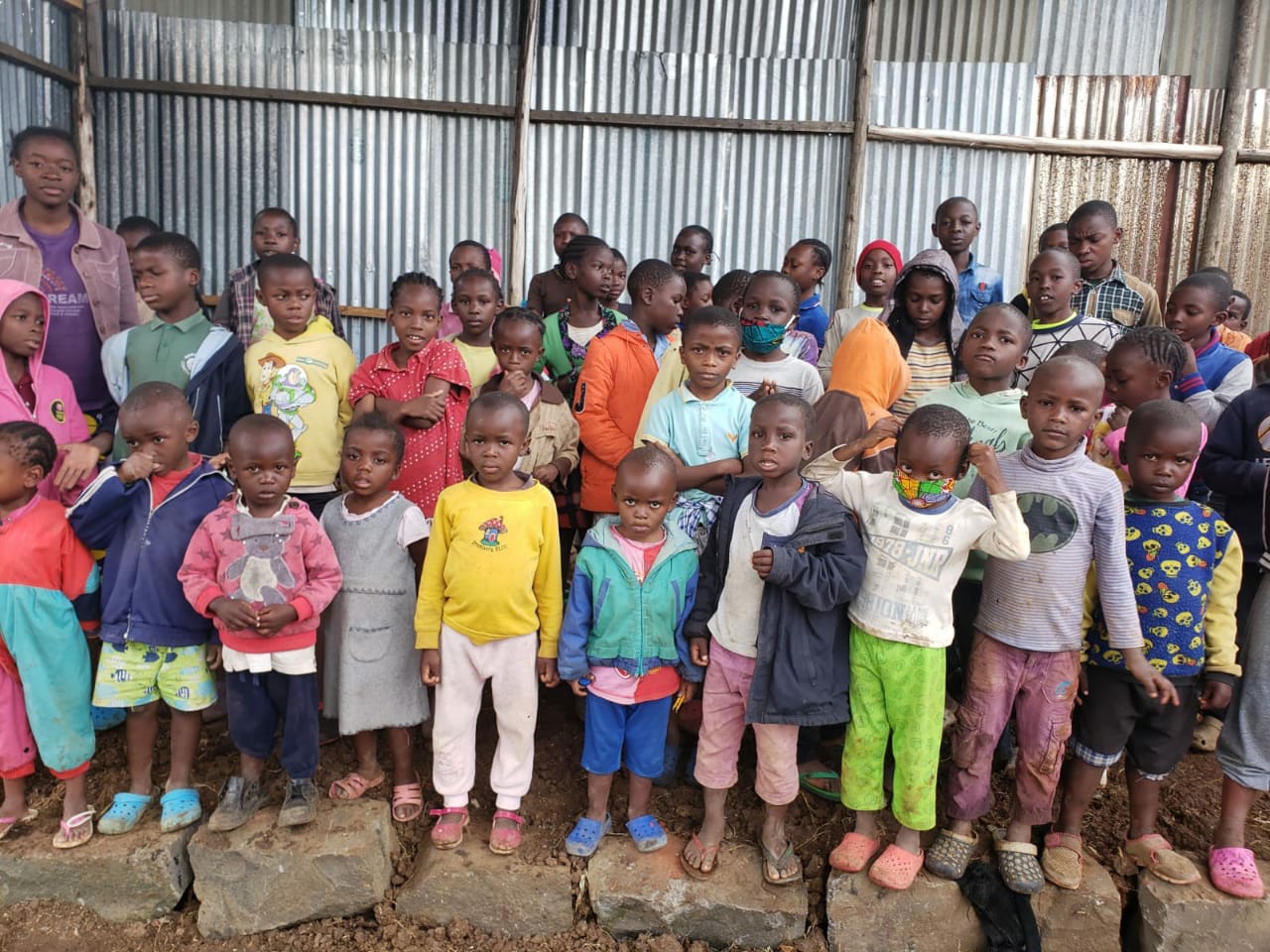GENDER DIFFERENCES AND GENDER BASE VIOLENT ARE TWO MAJOR TOPICS WHEN WE TALK ABOUT GENDER EQUALITY

Breaking Barriers: Advancing Gender Equality in Workplaces and Leadership
Gender equality is not just a moral imperative; it’s a fundamental human right and a driver of sustainable development. Yet, despite significant progress in recent years, inequalities persist, particularly in the realms of work and leadership. At Amani Socio-Education Centre, we are committed to addressing these disparities head-on and creating a more inclusive and equitable society for all.
In the Workplace:
In many workplaces, gender-based discrimination and bias continue to hinder the advancement of women and marginalized genders. From unequal pay to limited access to leadership positions, women face numerous barriers to full participation in the workforce. Moreover, stereotypes and societal expectations often dictate which roles are deemed “suitable” for women, further limiting their career options and professional growth.
However, it’s essential to recognize that gender inequality in the workplace doesn’t just affect women; it also impacts male youth, albeit in different ways. Traditional notions of masculinity often pressure young men to conform to rigid gender roles, which may discourage them from pursuing non-traditional career paths or expressing vulnerability in professional settings. Moreover, male youth from marginalized communities face additional challenges, including higher rates of unemployment and underemployment compared to their female counterparts.
By promoting gender-sensitive policies, fostering inclusive work environments, and challenging harmful stereotypes, we can create workplaces where all individuals, regardless of gender, have equal opportunities to succeed and thrive.
In Leadership:
Leadership positions are another area where gender inequality persists. Despite significant strides in recent years, women remain underrepresented in leadership roles across various sectors, including politics, business, and academia. This lack of representation not only perpetuates gender stereotypes but also limits the diversity of perspectives and experiences at the decision-making table.
Moreover, the underrepresentation of women in leadership positions sends a powerful message to young people, reinforcing the notion that leadership is a predominantly male domain. This lack of visible female role models may discourage young women from aspiring to leadership roles and perpetuate cycles of inequality.
However, it’s essential to recognize that advancing gender equality in leadership isn’t just about increasing the representation of women; it’s about creating inclusive and supportive environments where individuals of all genders can thrive. By challenging gender norms, promoting mentorship and sponsorship programs, and advocating for policies that support work-life balance and parental leave, we can create pathways for diverse leadership and foster a more equitable society.
At Amani Socio-Education Centre, we are committed to advancing gender equality in all its forms. Through education, advocacy, and community engagement, we strive to break down barriers, challenge stereotypes, and create a world where everyone has the opportunity to reach their full potential, regardless of gender. Join us in our mission to build a more inclusive and equitable future for all.
GENDER BASE VIOLENCE

Gender-based violence (GBV) is a pervasive and deeply rooted issue that affects individuals of all genders, but disproportionately impacts women and girls around the world. It encompasses a wide range of harmful behaviors, including physical, sexual, psychological, and economic violence, all of which are rooted in unequal power dynamics and gender inequality.
Forms of Gender-Based Violence:
1. Physical Violence: This includes acts such as domestic violence, intimate partner violence, and physical assault, which result in physical harm or injury to the victim. Perpetrators often use physical force to assert control and dominance over their victims.
2. Sexual Violence: Sexual violence encompasses a range of behaviors, from rape and sexual assault to harassment and coercion. It is characterized by non-consensual sexual acts or advances, often perpetrated as a means of asserting power and control over the victim.
3. Psychological Violence: Psychological or emotional abuse involves behaviors such as intimidation, threats, humiliation, and manipulation, which are intended to undermine the victim’s sense of self-worth and autonomy. This form of violence can have long-lasting effects on the victim’s mental and emotional well-being.
4. Economic Violence: Economic abuse involves controlling or exploiting someone financially, such as restricting access to resources, withholding financial support, or preventing the victim from working or pursuing economic independence. This form of violence is often used as a means of exerting power and control over the victim.
Impact of Gender-Based Violence:
The consequences of GBV are far-reaching and profound, affecting not only the immediate victims but also their families, communities, and societies as a whole. GBV can result in physical injuries, psychological trauma, chronic health problems, and even death. It can also impede access to education, economic opportunities, and social support networks, perpetuating cycles of poverty and inequality.
Moreover, gender-based violence is not solely a private or individual matter; it is a systemic issue rooted in gender inequality and harmful social norms. Addressing GBV requires comprehensive and multi-faceted approaches that address underlying structural factors, challenge harmful attitudes and beliefs, and provide support services for survivors.
Combating Gender-Based Violence:
At Amani Socio-Education Centre, we are committed to combating gender-based violence through education, advocacy, and support services. We work to raise awareness about the root causes and consequences of GBV, challenge harmful gender stereotypes, and promote healthy relationships based on respect, equality, and consent.
Additionally, we provide support services for survivors of GBV, including counseling, legal assistance, and referrals to other community resources. We also work with local authorities and organizations to strengthen laws and policies aimed at preventing and responding to GBV and holding perpetrators accountable for their actions.
Together, we can create a world free from gender-based violence, where all individuals are treated with dignity, respect, and equality, regardless of their gender. Join us in our mission to end GBV and build a safer, more inclusive future for all.

